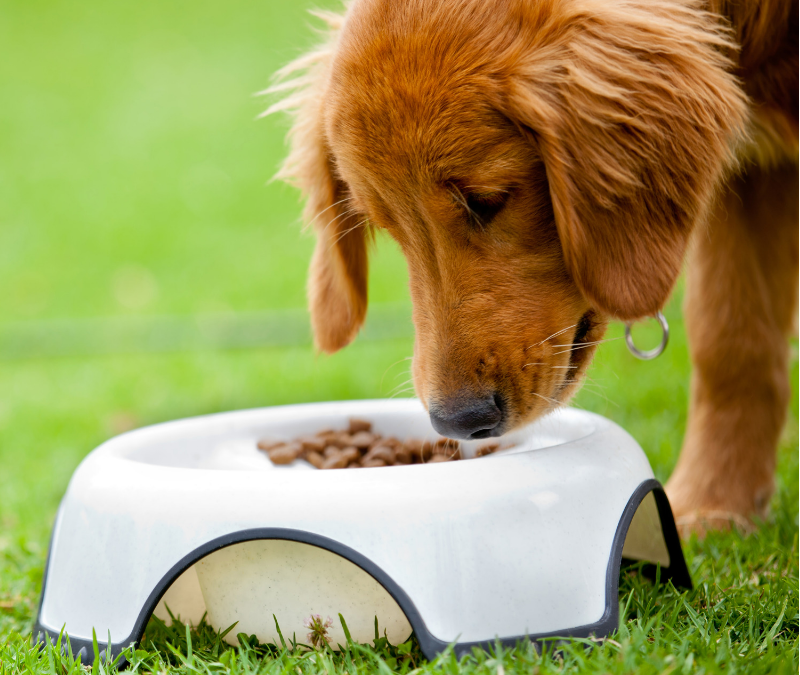Your dog needs taurine in order to maintain healthy heart, muscle, and brain function. But are they getting enough? The following article discusses how you can recognize whether your dog is getting enough of this critical amino acid.
You only want the best for your dog, so when you started hearing about how taurine is essential to the wellness of your precious pet, you wondered if you should start giving them supplements. You are correct to consider the long-term effects of taurine deficiency, but you might not necessarily need to take action unless you have the following breed of dog:
- American cocker spaniel
- Retriever (golden or Labrador)
- Newfoundland
- Great Dane
- English setter
- Saint Bernard
Regardless of whether your dog is showing signs or symptoms of illness, you should consult with your vet to determine whether your dog needs taurine supplements. Taurine deficiency does not present symptoms, but it does leave your dog vulnerable to serious illnesses that will become symptomatic. The most worrying is dilated cardiomyopathy (DCM), the symptoms of which are:
- Fatigue
- Weight gain
- Excessive drooling
- Coughing
- Heavy panting
The above symptoms could indicate DCM or another medical condition requiring intervention. If you notice these signs in your dog, please consult your vet immediately about treatment options. If your dog is found to be suffering from a taurine deficiency, your vet can prescribe taurine supplementation options, which may be in pill form or a taurine-rich pet food. Zignature dog food taurine concentrations are naturally high due to their meat-forward formulas. However, make sure you talk to your vet about your dog’s taurine levels and any nutritional needs your dog might have before making any changes in their diet.
To read more on topics like this, check out the health & fitness category.


 Why Your Dog Needs a Meat-First Diet
Why Your Dog Needs a Meat-First Diet